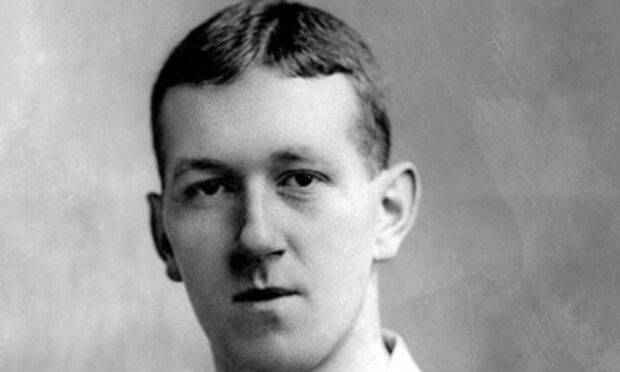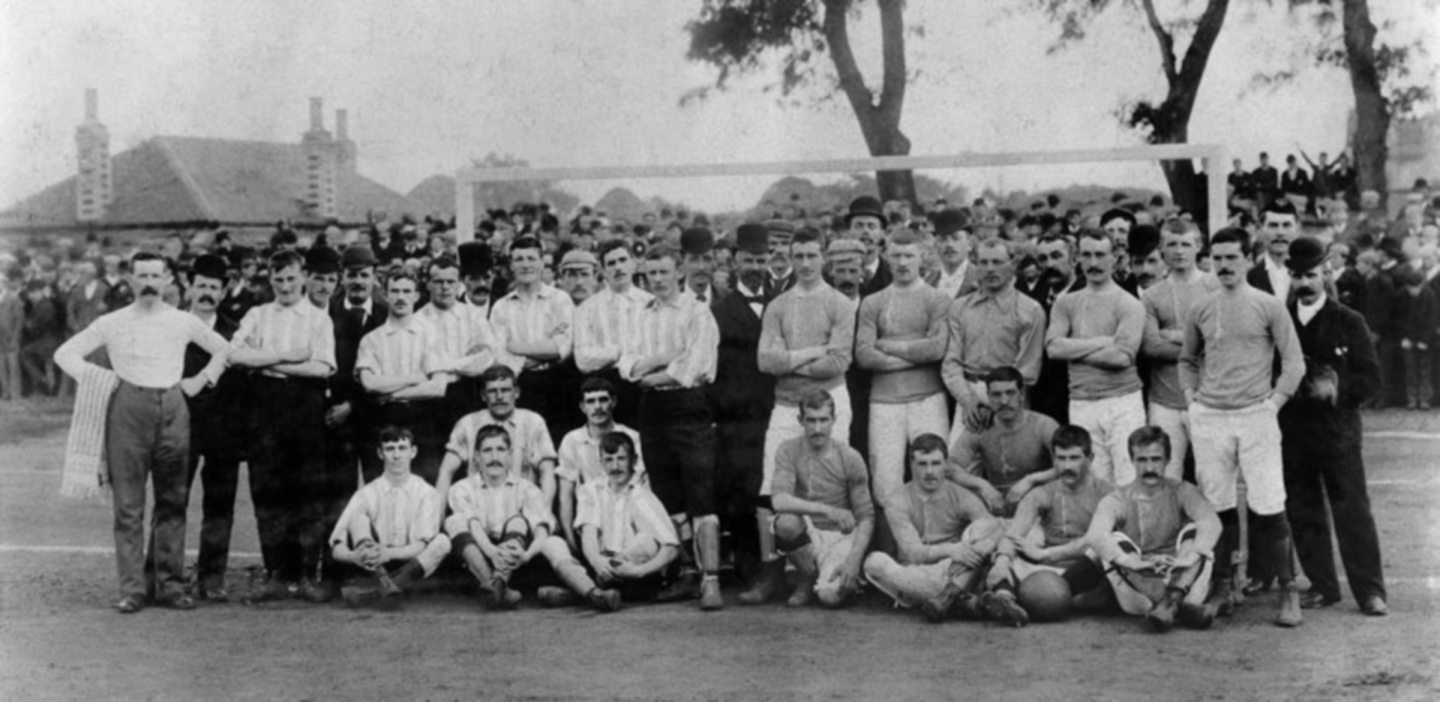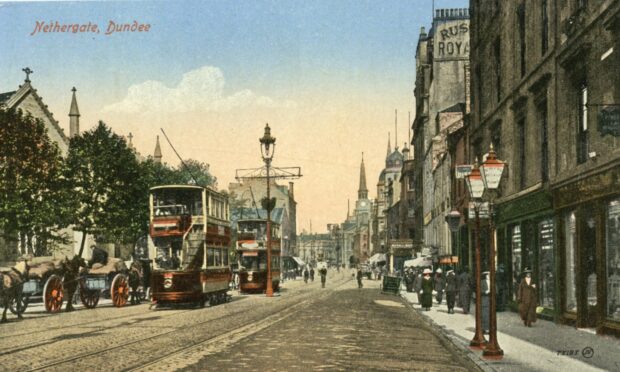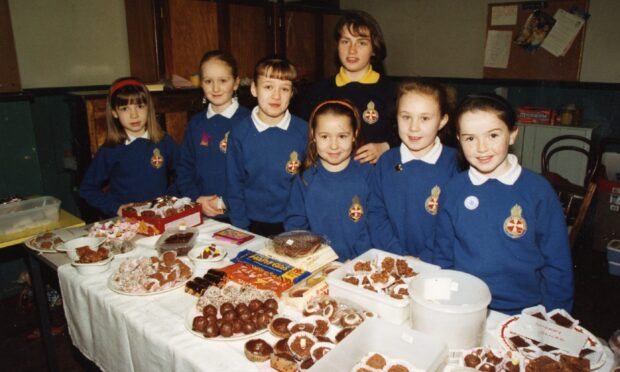His name is synonymous with the shopping sector, but pioneering Victorian, Robert Smyth McColl, was selling dummies to opponents long before he moved into the retail business.
A maestro for club and country in his heyday, the striker stands proudly in the Scottish Football Hall of Fame, but today is better known as the man who set up RS McColl with his brother, Tom, in 1901.
The company has been in the headlines for the wrong reasons this week as it grapples with serious financial problems and the threat of going into administration, but none of that is down to the vision of the founders, who brought the business into existence when they were only in their 20s.
This lad could play for toffee
Because, even as “Bobby” McColl’s career revolved around corners, he was in the process of establishing corner shops throughout his homeland, which have become part of myriad communities for the last century.
His story offers a rebuttal to those who argue that most footballers’ brains are in their feet, but there again, he achieved plenty on the pitch as well and, as word spread of his connection to the stores which bore his name, selling confectionery, cigarettes and newspapers to generations, he was given the nickname “Toffee Bob”, whether starring for Rangers or Scotland.
A prolific goal-scorer with a tremendous work ethic, McColl began weaving his magic with junior club Benmore and joined Queen’s Park in 1894.
#Scotland international football shirt belonging to RS McColl, founder of the retail chain of the same name. pic.twitter.com/NQeGaS4qQw
— James Munro (@JamesMunro5) February 12, 2020
He was an elusive will-o’-the-wisp and news quickly spread about the youngster’s talent, technique and team spirit, but he decided to remain in the amateur ranks for several seasons, developing his skills on and off the field.
By this stage, he had already gained several Scotland call-ups after making his debut in 1896 and earned plenty of plaudits for his outstanding display in the Rosebery international in 1900 when he scored a hat-trick during his country’s comprehensive 4-1 victory over England at Celtic Park.
The contemporary journals swooned over his “pace on the ball” and ability to “dribble past” opponents as if they weren’t there, but while McColl relished these grand occasions, they were never the biggest priority in his life.
Eventually and with some reluctance, he turned professional at 25 and discovered there were plenty of clubs in Scotland and England who were keen to sign him up. After weighing up the various offers, the canny lad went to Newcastle United and received a £300 signing-on fee, a third of which he invested in his brother Tom’s confectionery firm. The rest is history.
He moved to Rangers in 1904, and the passionate cries of “C’mon Toffee Bob” were heard at Ibrox, but modern fans will probably be shocked by the next chapter, as he chose to return to the amateur ranks with Queen’s Park in 1907.
He was still just 31, but his sights were fixed on commerce and football was an unnecessary distraction as he built up his business empire.
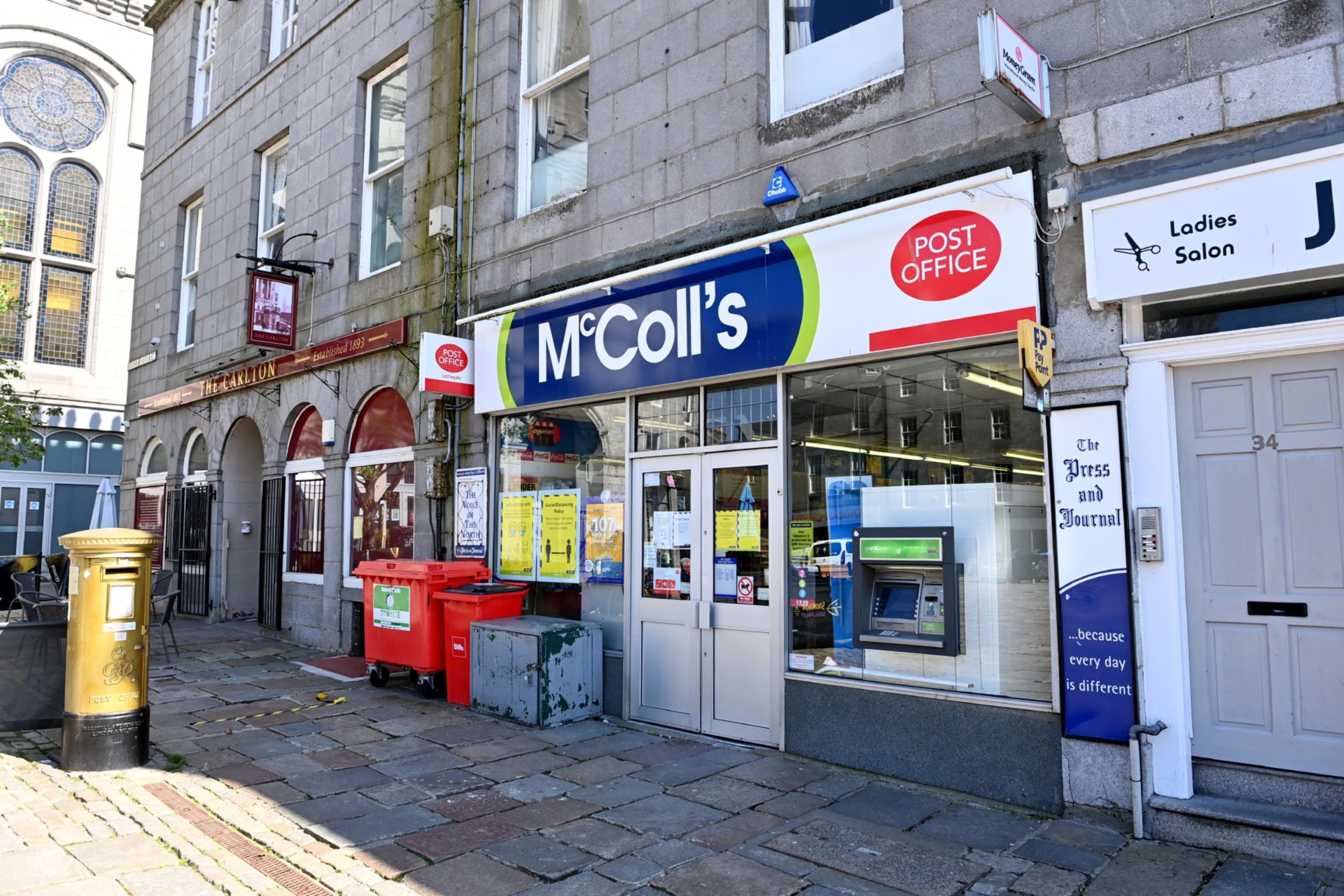
Nobody could ever accuse McColl of going out with a whimper. In his penultimate match with Queen’s, he banged in no less than six goals against the hapless Port Glasgow Athletic and followed that with another goal against Aberdeen on his swansong as he departed the sport with no regrets.
On the international circuit, his exploits were equally stellar and he finished with 13 goals from as many outings for Scotland. Even to this day, he is the only player to have scored hat-tricks against all the other home nations.
Many people believe that he could have become one of the all-time greats if he had focused purely on football. But he was still inducted into the SFA Hall of Fame in 2011, more than 50 years after his death in 1959.
It was the late late show in Dundee
McColl was involved in the first Scotland game to be played in Dundee in March 1896, a tussle against Wales when special trains were put on from Perth, Kirriemuir, Forfar and Arbroath.
But he was a late arrival at the proceedings after he missed his train from Glasgow and didn’t reach the ground until after kick-off.
Sandy Keiller became the first Dundee player to score for his country with a “lightning shot” as Scotland ran out 4-0 winners in front of 12,000 fans.
The Courier suggested he could have added more but “seemed inclined to lie rather far down the field and he spoiled one or two good chances in this way”.
McColl wasn’t on the score sheet that afternoon, but subsequently notched hat-tricks against the Welsh and the Northern Irish.
He was a popular figure in the game and generous to his colleagues long after his retirement. Every two years, he re-united his Scotland teammates from the famous 1900 victory over England and took them down to the international at Wembley at his own expense.
Ultimately, whether running rivals ragged or providing sweet treats for customers, McColl was one of a kind.
